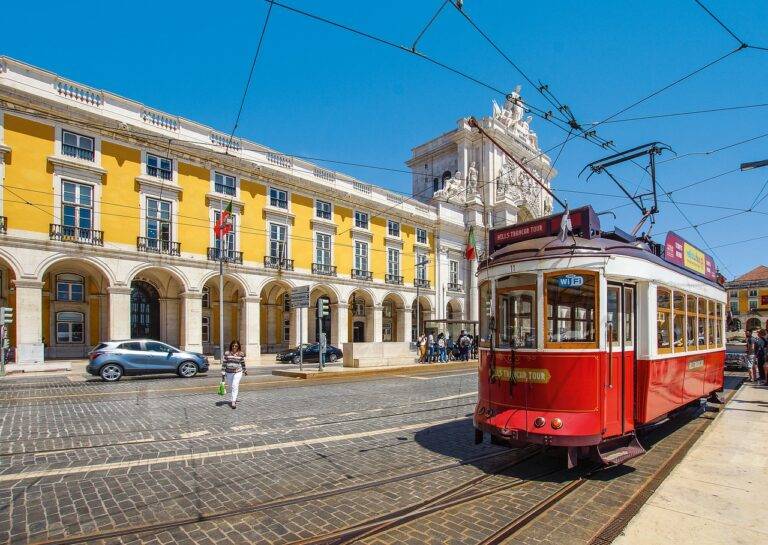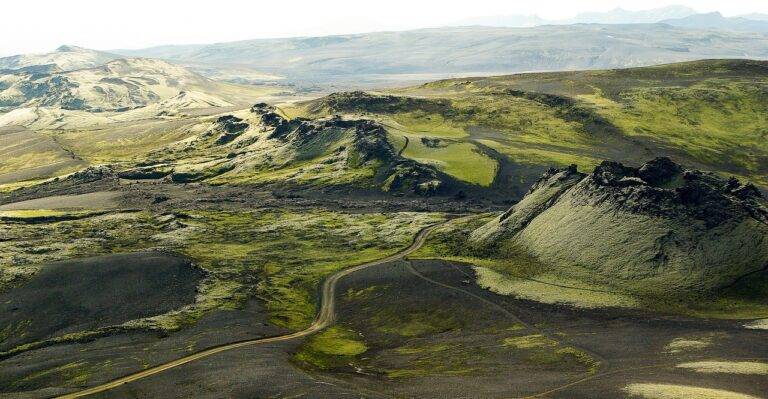The Impact of Virtual Reality on Destination Marketing and Tourism Promotion
Virtual reality (VR) has emerged as a powerful tool for destination marketing and tourism promotion. By offering immersive experiences that transport users to different locations, VR allows potential visitors to get a taste of what a destination has to offer without physically being there. This technology enables tourism organizations to showcase their attractions, accommodations, and activities in a compelling and interactive way, piquing the interest of travelers and influencing their decision-making process.
Moreover, VR can provide a competitive edge to destinations looking to stand out in a crowded market. By offering unique and engaging virtual experiences, destinations can differentiate themselves from competitors and capture the attention of travelers seeking memorable and immersive experiences. This can ultimately lead to increased visibility, brand recognition, and visitor numbers, as well as drive social media engagement and word-of-mouth promotion.
• VR offers immersive experiences that transport users to different locations
• Allows potential visitors to preview destinations without physically being there
• Showcases attractions, accommodations, and activities in a compelling way
• Piques the interest of travelers and influences decision-making process
• Provides a competitive edge for destinations in a crowded market
• Offers unique and engaging virtual experiences to differentiate from competitors
• Captures the attention of travelers seeking memorable experiences
• Can lead to increased visibility, brand recognition, visitor numbers, social media engagement, and word-of-mouth promotion
Virtual Reality Technology and Its Role in Enhancing Visitor Experiences
Virtual Reality technology has revolutionized the way visitors experience destinations around the world. By immersing users in realistic and interactive environments, VR allows them to explore attractions, accommodations, and activities virtually before their trip. This not only enhances their overall experience but also helps in making more informed decisions about their travel plans.
Moreover, Virtual Reality creates a sense of presence and emotional connection with the destination, making visitors more likely to remember and recommend it to others. Through VR experiences, visitors can engage with different aspects of a location, such as historical sites, cultural events, or natural landscapes, in a more profound and memorable way. This enhanced engagement ultimately leads to increased visitor satisfaction and loyalty, benefiting destination marketers and tourism promoters in the long run.
How Virtual Reality Can Drive Engagement and Increase Bookings
Virtual reality technology has revolutionized the way businesses engage with their customers, particularly in the tourism industry. By providing immersive and interactive experiences, virtual reality can capture the attention of potential travelers and keep them engaged from the comfort of their homes. Through the use of VR headsets or even just a smartphone, users can explore destinations, accommodations, and activities in a way that traditional marketing methods simply cannot match.
The ability of virtual reality to transport users to different locations and allow them to experience them firsthand can significantly impact their decision-making process. When travelers are able to virtually tour a hotel, walk through a historical site, or embark on a thrilling adventure, they are more likely to feel connected to the destination and more compelled to book a trip. This heightened level of engagement not only enhances the overall customer experience but also increases the likelihood of conversion, ultimately driving bookings and boosting revenue for businesses in the tourism sector.
What are some benefits of using virtual reality in destination marketing and tourism promotion?
Virtual reality allows potential visitors to experience a destination before they even arrive, helping to showcase its unique attractions and experiences in an immersive way. This can lead to increased interest and engagement from potential tourists.
How does virtual reality technology enhance visitor experiences?
Virtual reality technology can provide visitors with a more interactive and engaging experience, allowing them to explore a destination in a way that feels real and immersive. This can help to create a lasting impression and increase the likelihood of booking a trip.
Can virtual reality drive engagement and increase bookings for tourism businesses?
Yes, virtual reality has been shown to increase engagement with potential visitors and ultimately lead to more bookings. By providing a more engaging and interactive experience, virtual reality can help to capture the attention of travelers and inspire them to book a trip to a destination.





